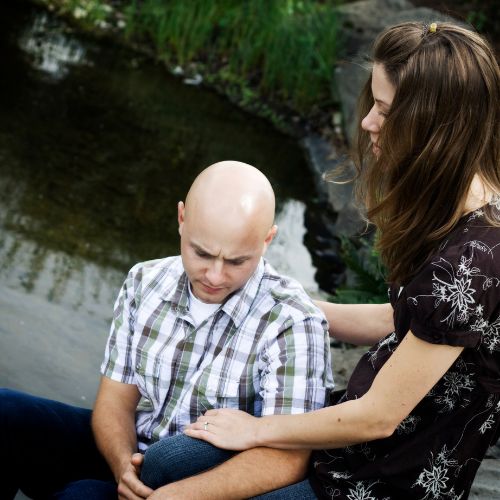
Helping Kids and Young Adults Navigate Grief and Loss Through Therapy
The loss of a loved one is a difficult and traumatic experience for anyone, but it can be especially hard for kids and young adults who may not have the emotional tools or support system to deal with their grief. Fortunately, therapy can be an effective way to help them navigate this challenging time and begin the healing process. In this blog, we’ll explore how therapy can help kids and young adults cope with grief and loss.
First, it’s important to understand that grief is a natural and normal response to loss. It can take many forms, including sadness, anger, confusion, and even physical symptoms like fatigue or loss of appetite. Kids and young adults may experience grief differently than adults, and may not have the same capacity to articulate their feelings or cope with them in healthy ways. That’s where therapy comes in.
Therapy can provide a safe and supportive space for kids and young adults to process their grief and work through their emotions. A therapist can help them identify and understand their feelings, as well as provide them with coping skills and tools to manage their grief in healthy ways. This can include activities like journaling, art therapy, or mindfulness exercises, as well as talking through their emotions with a trusted professional.
One of the key benefits of therapy for kids and young adults dealing with grief is that it can help them feel less alone. Grief can be an isolating experience, especially for kids and young adults who may feel like no one else understands what they’re going through. A therapist can provide a sense of validation and empathy, and help them connect with others who have experienced similar losses. This can be especially helpful for kids and young adults who may feel like they have to put on a brave face or hide their feelings from others.
Another benefit of therapy is that it can help kids and young adults develop healthy coping strategies for dealing with their grief. This can include learning relaxation techniques like deep breathing or visualization, as well as setting goals and engaging in activities that bring them joy and purpose. A therapist can also help them build a support network of family, friends, and other professionals who can provide ongoing support and encouragement.
It’s important to note that therapy is not a one-size-fits-all approach, and different kids and young adults may respond to different types of therapy or therapeutic approaches. For example, some may benefit from traditional talk therapy, while others may find art therapy or play therapy more effective. A therapist can work with each individual to tailor their treatment plan to their specific needs and preferences.
It’s also important to involve parents and caregivers in the therapy process. They can provide critical support and guidance to their child, and may also benefit from their own therapy to help them cope with their own grief and provide a stable and supportive environment for their child. A therapist can work with the family as a whole to develop strategies for communicating about grief and supporting each other through the healing process.
Finally, it’s important to remember that healing from grief is a journey, and there is no timeline or “right” way to grieve. Kids and young adults may experience ups and downs and may need ongoing support and therapy as they navigate their emotions and continue to process their loss. But with the help of a compassionate and skilled therapist, they can build the resilience and emotional tools they need to move forward and find hope and healing after loss.
In conclusion, therapy can be a valuable tool for helping kids and young adults navigate grief and loss. By providing a safe and supportive space to process their emotions, develop healthy coping strategies, and build a support network, therapy can help them feel less alone and more empowered to navigate this challenging time. If you or a loved one is struggling with grief and loss, consider reaching out to a therapist to explore how therapy can help you heal and find hope for the future.


